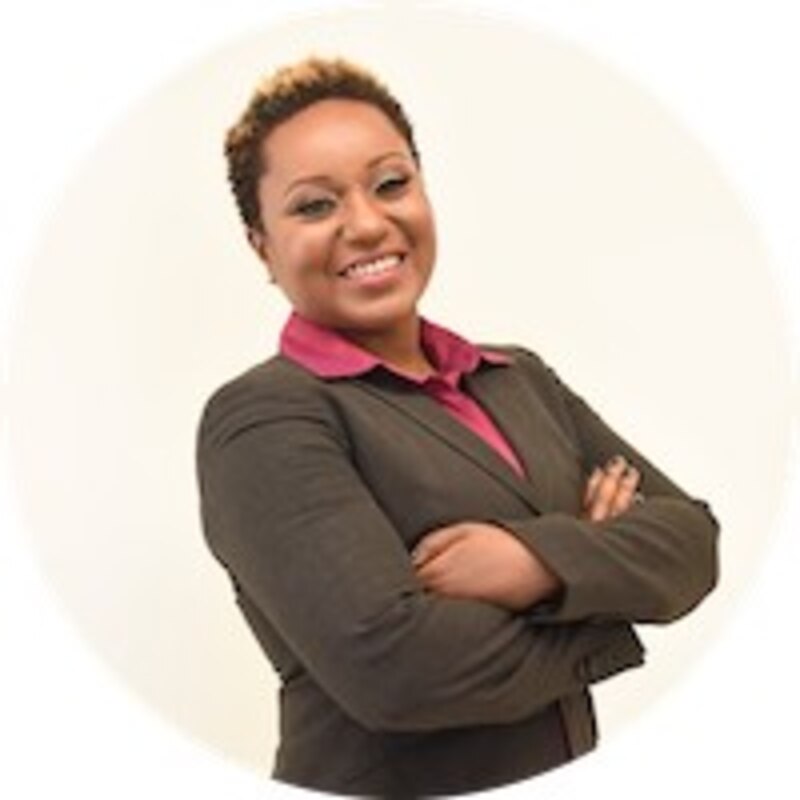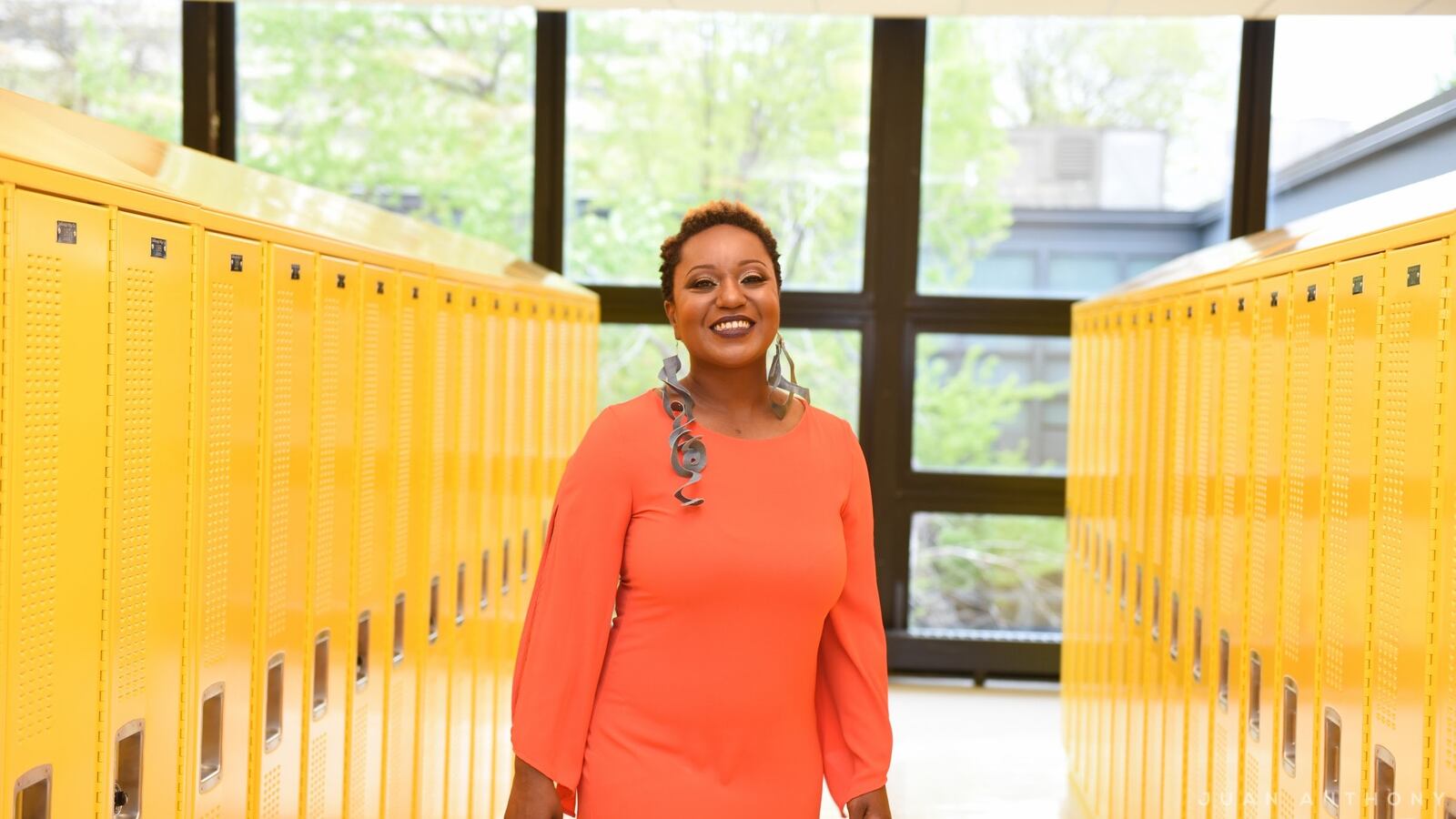Every student has a story. As principal of Walter H. Dyett High School for the Arts in Chicago, I came to understand the need to know each of my students’ stories.
For me, student support went beyond academics. It was also our job to support our students’ sense of safety and security. To do that, we tried to learn about our students’ family lives, support networks, homes, and neighborhoods.

By getting to know more about each of my students, I was able to ensure our school provided them with the social and emotional support that they needed to succeed academically while also fostering a safe school climate. In an effort to interact with students as much as possible, I often took the unorthodox approach of dragging my desk into the hallway and turning the hallway into my office.
While there are so many things that, justifiably, could have kept me shut in my office — like paperwork, private meetings, and phone calls — having my desk in the hallway gave me the chance to have one-on-one time with students as they made their way to and from class. By stepping out of my office and into students’ lives, I was able to hear their stories and build much-needed trust that would pay off in times of crisis.
A couple of summers ago during the school’s summer programming, I learned that two students were headed for a violent collision. I found this out because I made it easy for a student to find me in the hallway. The conflict had the potential to ensnare even more students in the neighborhood, so I arranged a home visit to offer alternatives to fighting. I never will forget the stunned look on the students’ faces when I arrived at their homes. I was the last person they expected to see during summer vacation.
I told them: I know it’s summertime, but I’m your principal 365 days of the year. Just because you’re not in school doesn’t mean that I’ve stopped caring. I’m still responsible for you.
Once they overcame their initial shock, we worked together to de-escalate the situation and prevent an altercation.
In an era where so many of our students’ interactions happen online and through social networks that educators can’t access, having a relationship built on trust helps us break through and ensure our students are communicating with us at tense or challenging moments. I wasn’t able to stop every act of violence. But I have countless stories like this one, where students knowing how and where to reach me helped prevent or curb an altercation.
I taught students that our school was a part of the community. At Dyett, the administration worked with the Bronzeville Community Action Council and the University of Chicago to survey students, thanks to funding from the Bright Star Community Outreach Center and the University of Chicago School of Social Work. Everyone at the school — from the dean’s office to counselors to teachers — got behind this partnership and committed to using the information we gathered. With data about students’ neighborhoods, family members, and exposure to gun violence, we were able to assign a case manager to provide the necessary counseling.
And we were able to make informed choices about the services that would support students’ mental health needs and help them reach their full academic potential. We were also better equipped to make decisions about what not to implement, like an arts program that mimicked our existing offerings and risked over-programming students.
Now as an executive director with the nonprofit principal training organization New Leaders, I have the privilege of working with principals across the country. I see how so many of us are going the extra mile to know and understand the students at our schools and how critical that is to develop a safe, supportive academic culture – one that transcends the school walls and helps make the neighborhood safer and more supportive of our students, too.
Reflecting on this challenging work, one thing is clear: We have to be proactive, not reactive, in order to develop open, inclusive and nonviolent school environments. Over time – not overnight – we can disrupt systemic forces that have made violence a reality for too many of our students. Embracing new and unconventional approaches, adopting policies with a student-first mindset, and leaning on committed partners are all important steps on this path. It is up to us as district leaders, principals, and teachers to prioritize getting to know our students and to demand the tools we need to create safe, academically rigorous schools.
When we get it wrong, the consequences can be tragic. But when we get it right, our students and communities can thrive.
Beulah McLoyd is an executive director of program implementation at New Leaders and is a graduate of Aspiring Principals, New Leaders’ highly selective principal training program. She has nearly 20 years of experience as an educator, having previously served as a teacher and a principal with Chicago Public Schools.
New Leaders is a national nonprofit organization whose programs, research, and policy efforts support education leaders to advance student success in the classroom and beyond.
About our First Person series:
First Person is where Chalkbeat features personal essays by educators, students, parents, and others trying to improve public education. Read our submission guidelines here.


